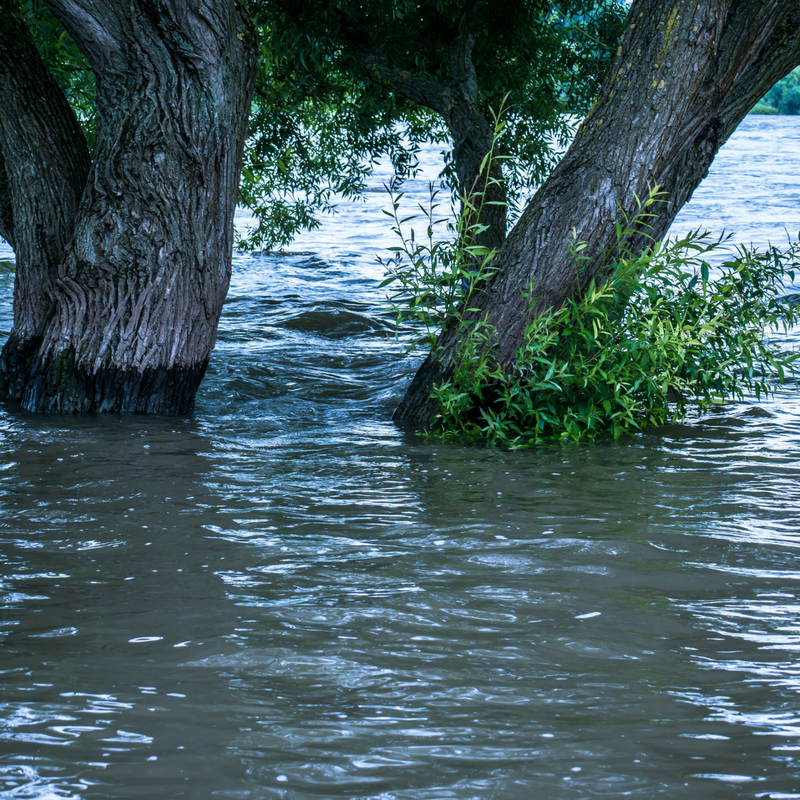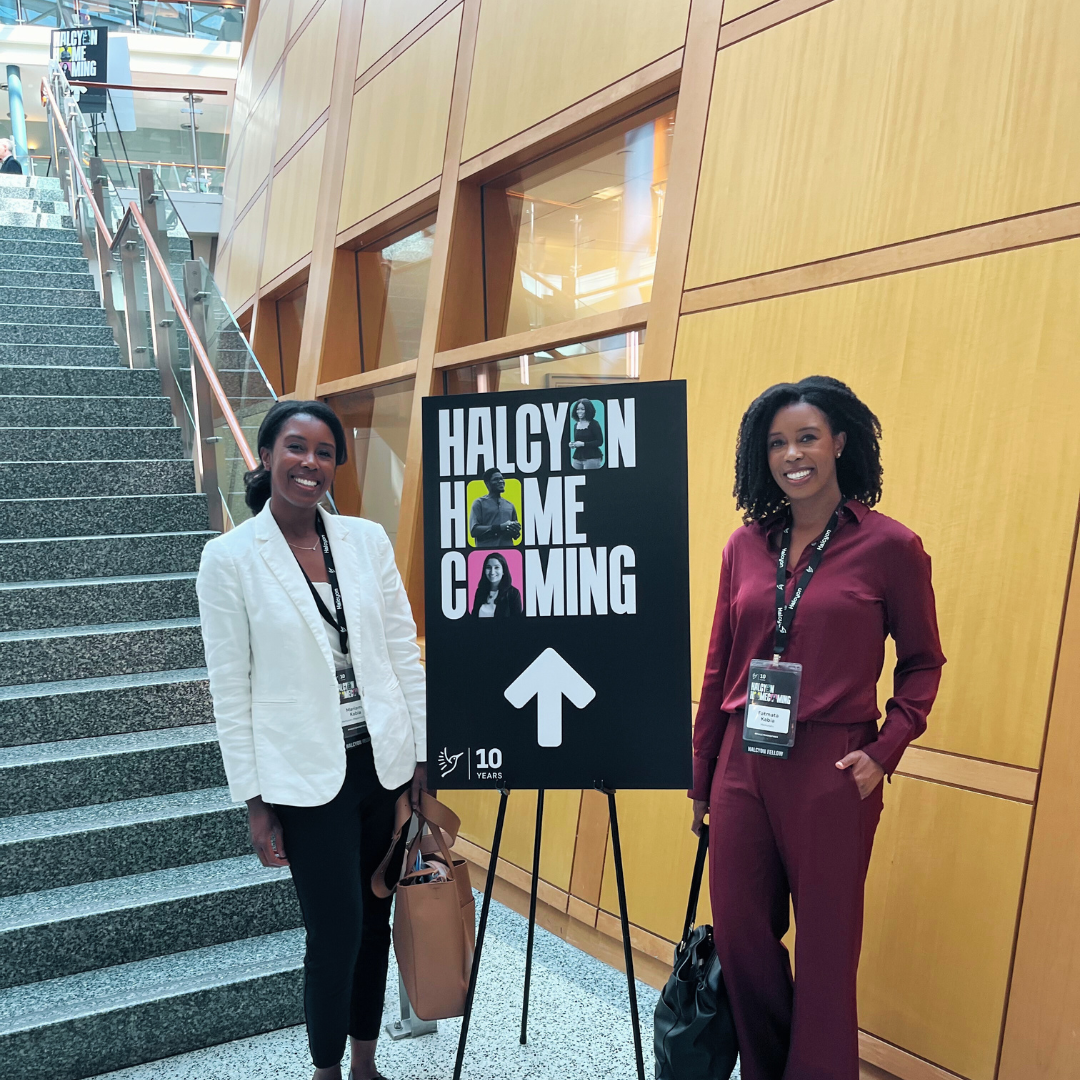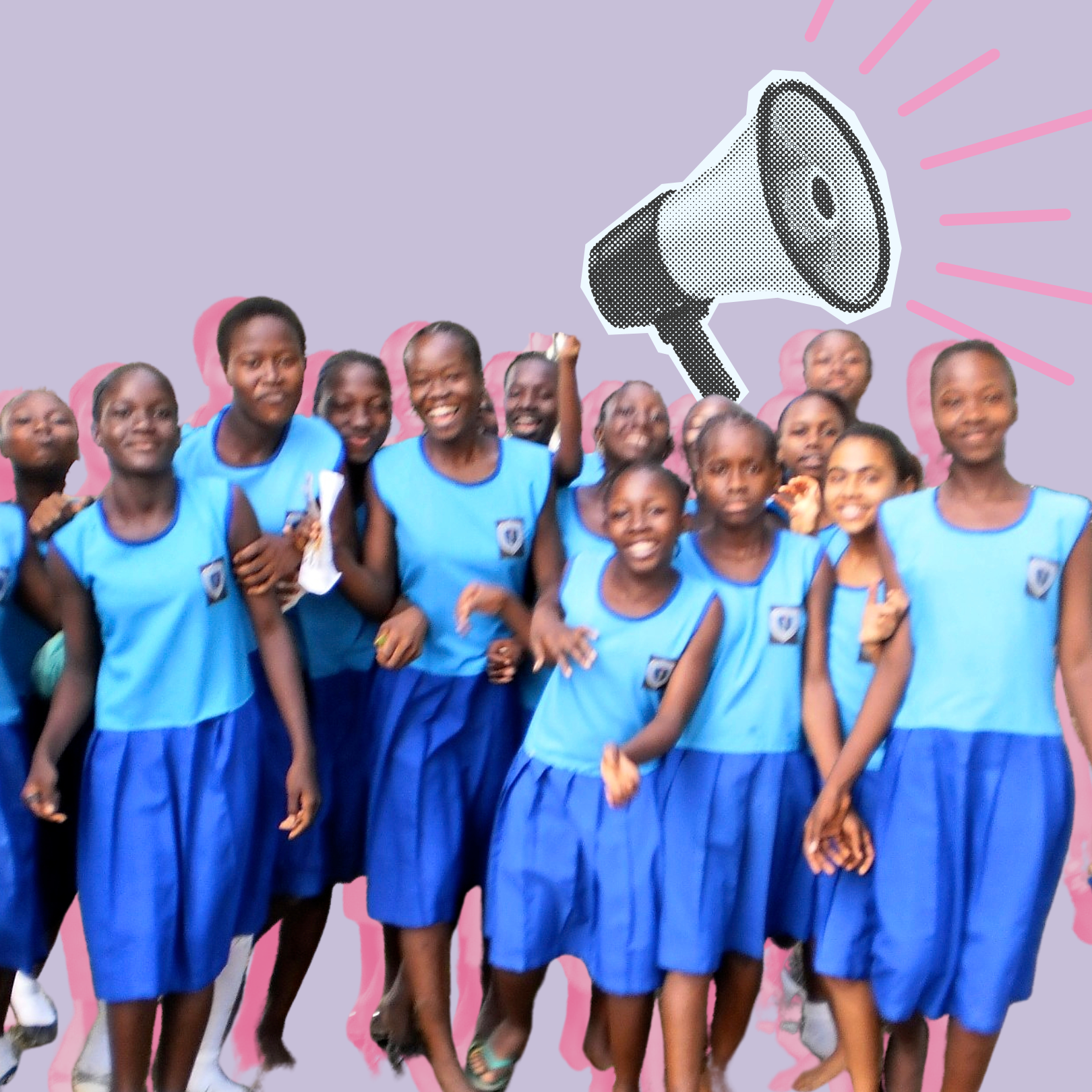Over the past month, the world has seen extreme weather devastate nations. With so much focus on hurricanes Irma and Harvey in the US, some of the flooding that has been happening in Africa and Asia is being overlooked. In mid-August for example, Sierra Leone’s capital, Freetown, was badly hit by floods and mudslides, with a casualty number exceeding one thousand. Every life is essential, however, when it comes to aid in a time of crisis, the specific needs of women and girls often get sidelined. Climate change is affecting us all, but it is affecting women and girls the more.
These are some of the issues that are making it difficult for girls and women to return to normalcy after a disaster has struck:
Floods have a huge impact on industries where women thrive and in developing countries, agriculture is one of the main sources of income for women. “Women make up 43 % of the world’s agricultural workforce, with women farmers producing as much as 90 % of the African continent’s food supply”. When a flood occurs however, women are out of work. Flooding and higher sea levels destroy crop production, which ultimately affects women’s ability to provide for their families and themselves. Additionally, in a flood, valuables are lost and for many women this also means the tools needed to farm. This makes rebuilding their lives all the more difficult, especially when they do not have the funds to buy new ones.
Women’s health in the aftermath of a natural disaster is a huge, but almost invisible issue affecting women and girls. Many humanitarian efforts, while focusing on important issues such as organizing food and providing shelter for displaced people, overlook the fact that girls and women still get their periods. Many girls have no form of keeping themselves clean. Yet, there has been a shift in redefining “necessities” based on gender. Hygiene kit distribution is becoming a way to combat this issue for girls and women’s health. From a United Nations Population Fund (UNPF) report in 2011 on the effectiveness of dignity kits, a woman in Indonesia mentioned that having sanitary kits relieved her of the burden of having to choose whether to buy sanitary pads over food for her children.
The social and financial costs are enormous and it is clear that women will need to take part in decision making. Recently, the World Bank reported that flooding cost Sierra Leone $30 million dollars and it would take $82 million dollars to restore and rehabilitate Freetown and those affected. In order to restore the country’s infrastructure there needs to be an understanding from policy makers and people in positions of power about equity; asking the question “how do we make sure all citizens can return to normalcy?” Women need to be engaged in rebuilding their nations after natural disasters hit in order to avoid the vicious cycle of gender disparity.
By Vanessa dos Santos
Editorial Intern





